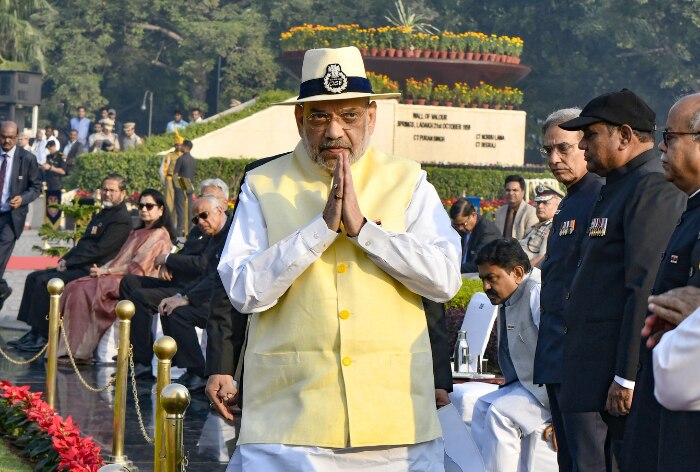The committee was given three months to examine the three bills and submit its report after Home Minister Amit Shah had requested the chair to refer the bills to the panel for threadbare examination. The committee took the views of various experts, including the Law Commission, during its 11 meetings held so far.

New Delhi: The Parliamentary Standing Committee on Home Affairs will meet this week to adopt draft reports on the three bills that seek to replace the Indian Penal Code, the CrPC and the Evidence Act. The panel has informed its members through a notice that the draft reports on Bharatiya Nyaya Sanhita, Bharatiya Nagarik Suraksha Sanhita and the Bharatiya Sakshya Bill will be adopted on October 27.
The committee was given three months to examine the three bills and submit its report after Home Minister Amit Shah had requested the chair to refer the bills to the panel for threadbare examination. The committee took the views of various experts, including the Law Commission, during its 11 meetings held so far.
The three new bills were introduced to replace the existing criminal justice laws that were created during the colonial era and still have colonial influences. The IPC and the Evidence Act are colonial-era procedural laws that form the backbone of Indian criminal jurisprudence along with CrPC.
Bharatiya Nyaya Sanhita, Bharatiya Nagarik Suraksha Sanhita, And Bharatiya Sakshya Bill, 2023
The Bharatiya Nyaya Sanhita, Bharatiya Nagarik Suraksha Sanhita, and the Bharatiya Sakshya Bill, 2023, are three bills that were introduced in the Indian Parliament during the Monsoon Session of 2023. These bills are aimed at replacing the British-era laws that are currently in place.
The three bills were referred to a select committee of Parliament, which was asked to submit its report within three months. The select committee has not yet submitted its report, so the bills are not yet law. Union Home Minister Amit Shah has emphasized that the bills are aimed at providing justice, not punishment. He has also said that the bills do not have any colonial imprints, unlike the existing laws.
“Many changes have been made in the new laws to promote technology. The definition of documents has been greatly expanded, legal recognition has been given to electronic and digital records, messages available on digital devices have been recognized, and summons will also be considered valid in all types of electronic modes, from SMS to email,” Union Home Minister Amit Shah said.
